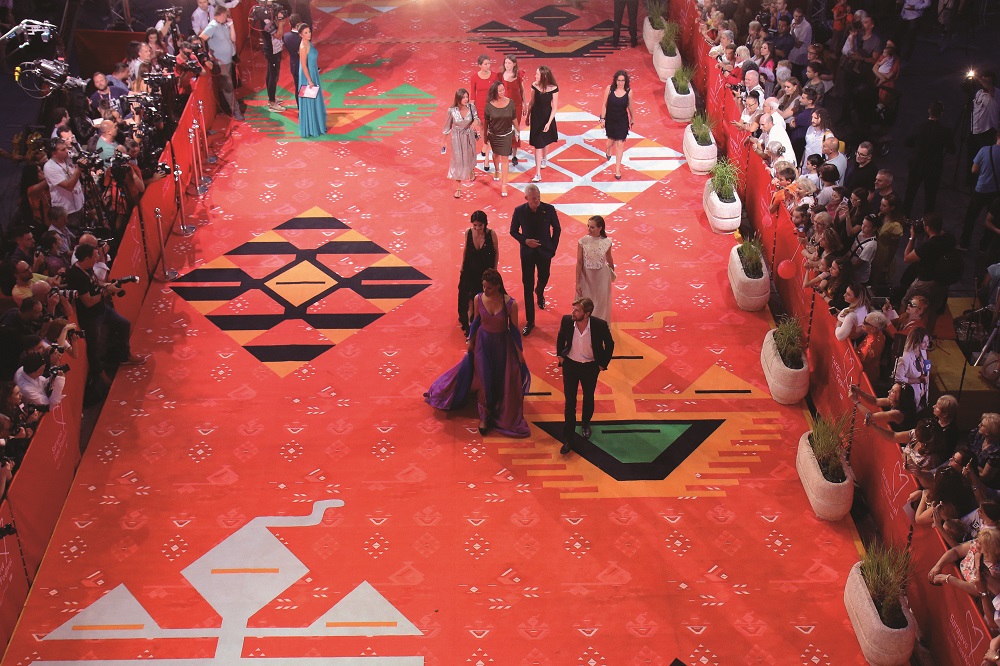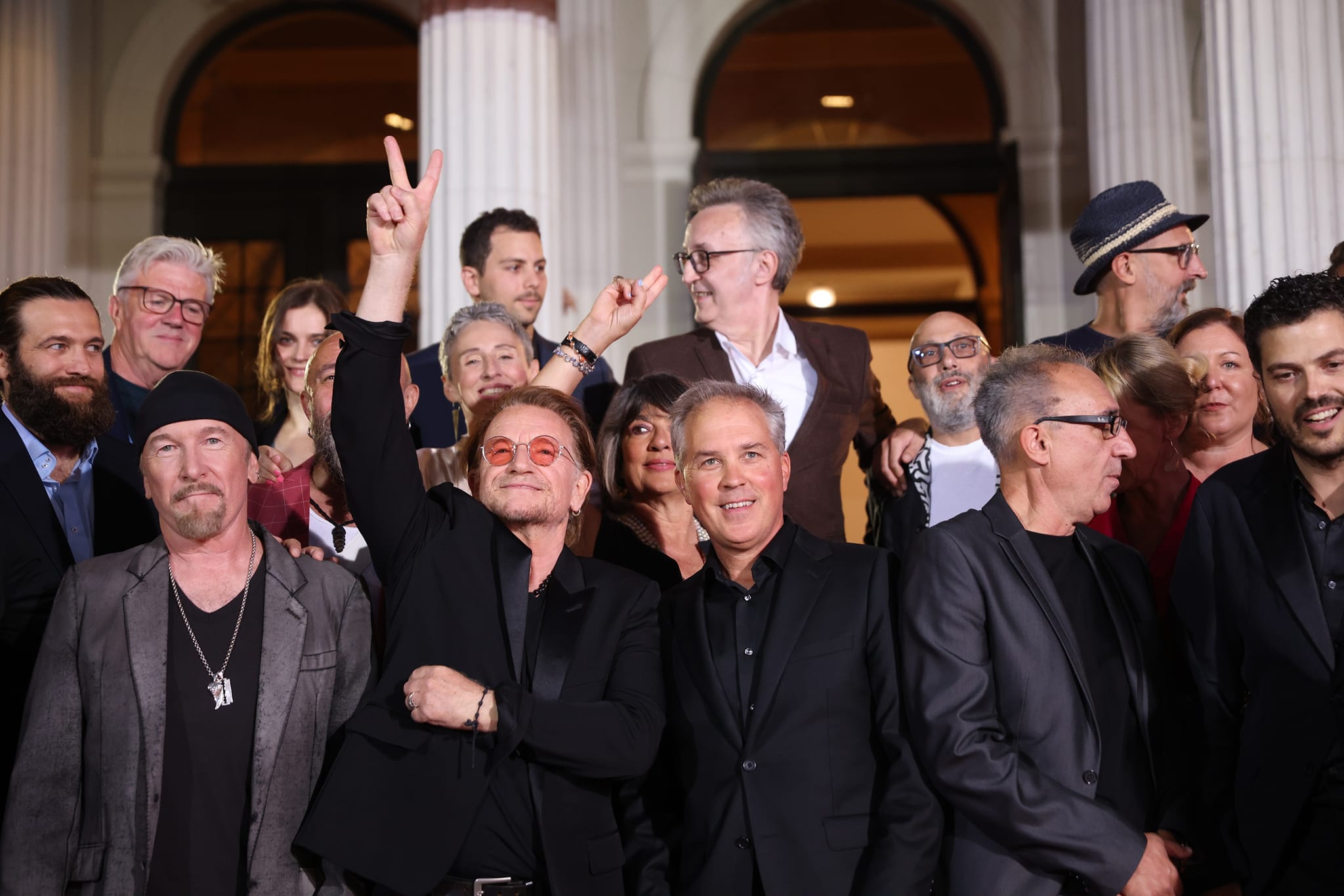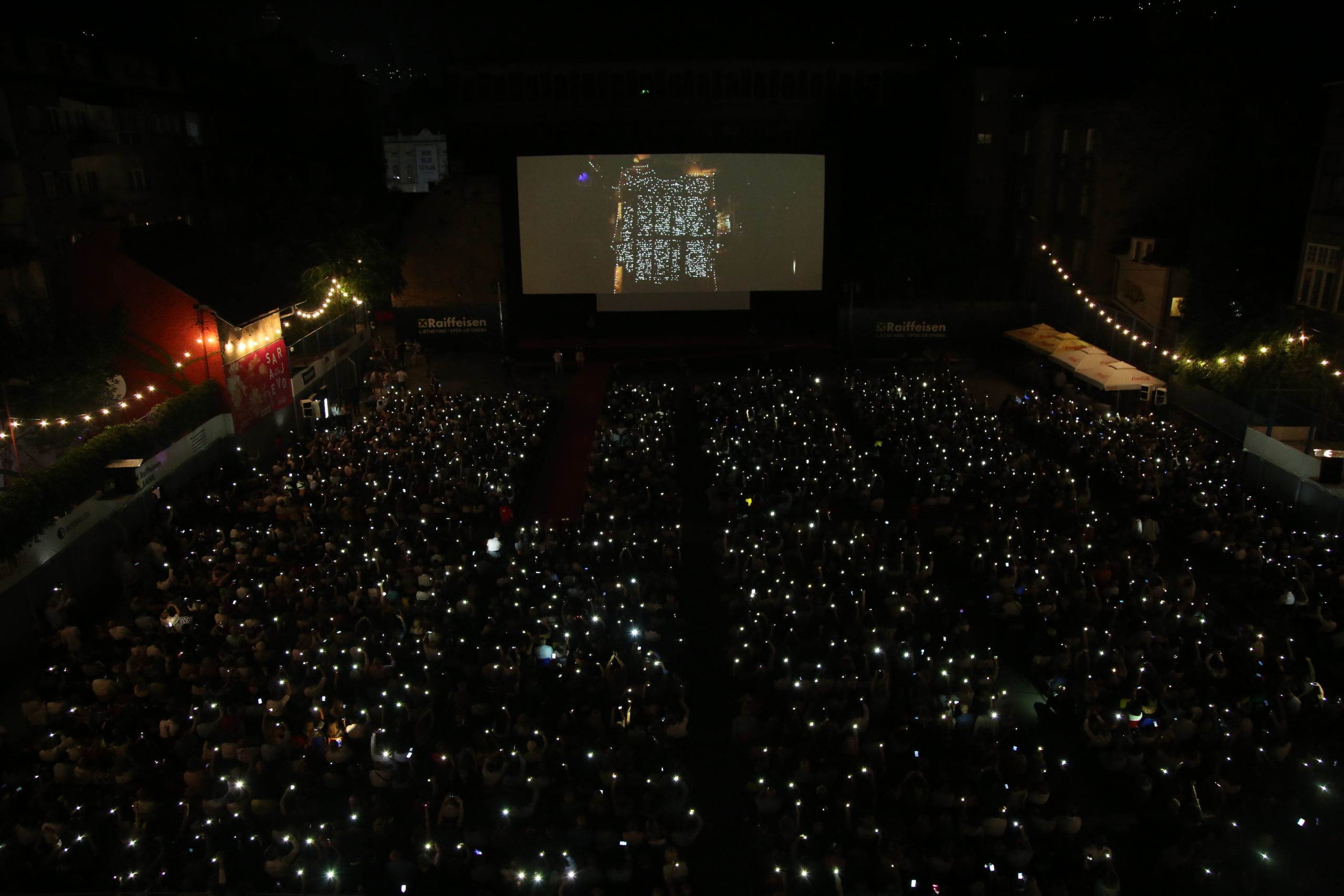
When we talk about Sarajevo, we usually begin with the city’s rich history, its tapestry of cultures, influences, and ideas. An indispensable part of this story is, of course, the Sarajevo Film Festival (SFF).
The SFF, one of the most prestigious film festivals in the Balkans, not only captures the attention of global film enthusiasts but also makes a significant contribution to the cultural landscape of Bosnia and Herzegovina.
The SFF was founded by the Obala Art Center in 1995, during the devastating Bosnian War (1992-1995). It became a symbol of renewal and unity while promoting the rich cinematic heritage of the region. Like the Siege of Sarajevo itself, the SFF has left an indelible mark on this city, occupying a pivotal place in the past, present, and future of Sarajevo.
Maša Marković, the head of the SFF Industry Department, attests to the festival’s triumph over adversity during the siege: “The Sarajevo Film Festival was born from the siege of Sarajevo as a symbol of cultural resistance. In 2023, it was a great pleasure to present our audience with a program commemorating the 30th anniversary of the establishment of the wartime cinema, Apollo. As part of this event, we screened some of the iconic films that provided our fellow citizens with a sense of normalcy in times of hardship, right on the Obala Open Stage,” said Marković.
She adds that the goal of the festival has always been to showcase the most significant achievements in world cinema to local audiences, fostering a safe environment for filmmakers and spectators.

Support and Challenges
The festival has survived difficult times but has flourished over the years. Every year, Sarajevo is transformed into the epicenter of the global film scene, attracting talented filmmakers, artists, and cinema enthusiasts from all around the world. However, as Marković points out, the festival’s development is dictated to some extent by funding, which has long been unstable.
“The festival has continued to grow, but in recent years, we have increasingly encountered challenges related to Sarajevo’s existing infrastructural capacity, and we hope that more investments will be made in public infrastructure in the years ahead,” she said. Marković expressed her hopes for the construction of a new modern festival center in Sarajevo, which would be an enduring part of the SFF legacy.
The Sarajevo Film Festival plays a crucial role in supporting domestic filmmakers and the development of Bosnian cinema. It provides a platform for young screenwriters and filmmakers to present their works. A special segment of the program called BH Film allows Bosnian artists to express their unique perspectives while fostering connections with producers from around the world.
“On the international film festival scene, the Sarajevo Film Festival positions itself as a festival of discovery, meaning our competitive selections are open to debutant screenwriters or those with their second film achievement. Most of these young professionals later return to Sarajevo for world or international premieres and to develop their future projects. What sets this festival apart is our teams’ simultaneous tracking of these artists’ professional growth and development,” explained Marković.
The biggest challenge facing Bosnian cinema, according to Marković, is securing continuous support. This enables not only film production but also the development and improvement of other technical sectors essential for keeping pace with the increasing production of audiovisual content in Bosnia and Herzegovina.

The Festival as an Engine of Tourism
The Sarajevo Film Festival also has a significant impact on tourism and the reputation of Bosnia and Herzegovina worldwide. Synonymous with summer in Sarajevo, the SFF attracts thousands of visitors from various corners of the world. During the days of the festival, the dramatic increase in tourism transforms the city into a hub of cultural festivities.
“A large portion of our diaspora specifically chooses these dates to visit their homeland, so as a result, these figures are significantly higher. Our collaborators from the region often say that during these seven days, Sarajevo has twice its usual population,” Marković said.
She mentioned that an independent study conducted by the British consulting firm Olsberg SPI on the SFF’s economic, cultural, and social impact revealed that the economic activity indirectly related to the festival generates an estimated 10.3 million Bosnian marks in revenue and creates 99 jobs annually.
As stated on the official website, the Sarajevo Film Festival, serving as a central hub for a region with over 140 million inhabitants, operates as a communal platform for the film sector. It sets high standards for film events, promoting cinematic achievements in Southeastern Europe and making a crucial contribution to the development of the region’s film industry. Moreover, it positively shapes the international perception of Bosnia and Herzegovina and fosters a strong sense of community among its citizens.
The Sarajevo Film Festival doesn’t just follow film industry trends, it also sets social ones. By collaborating with environmental experts and producing greenhouse gas emission reports, the festival showcases an earnest commitment to sustainability. Moving forward, there are plans for the construction of modern festival centers to reduce negative environmental impacts. Marković emphasized the importance of taking responsibility for the environmental impact generated by such an event. Given its substantial workforce, engagement with numerous producers, and the influx of visitors to Sarajevo, it is essential to be mindful of the environmental footprint created by this operation.
_______________
This article was initially published within the second edition of MIR Magazine (2024). MIR, which means ‘peace’ in Bosnian is an annual publication and platform for young inventive people developed by the Post-Conflict Research Center and Balkan Diskurs.






